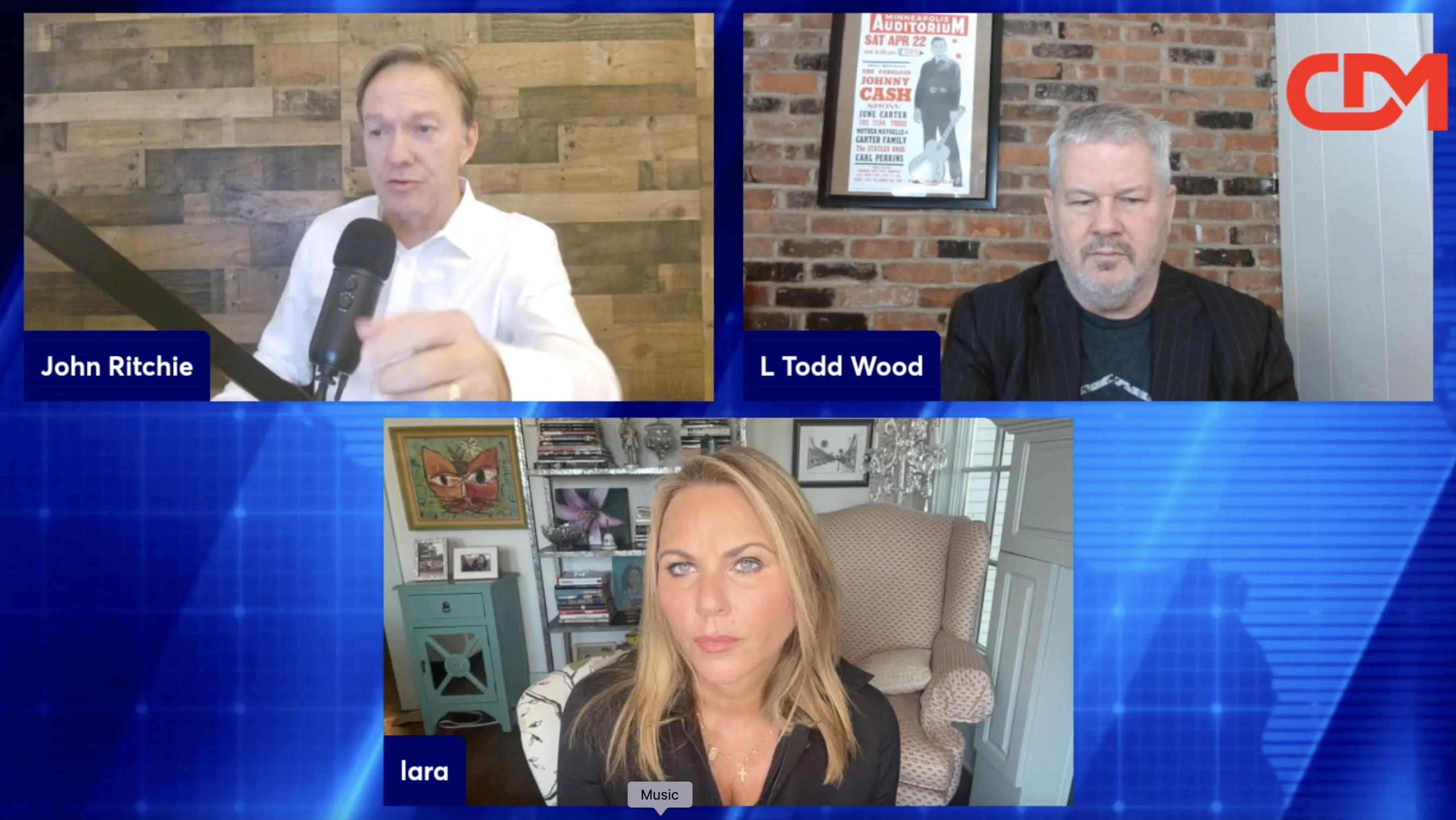Please Follow us on Gab, Minds, Telegram, Rumble, Gab TV, GETTR, Truth Social
According to experts, California's decision to default on almost $20 billion in assistance it received from the federal government for unemployment benefits during the Covid pandemic, will most likely become the employers' burden.
Marc Joffe who is a policy analyst at the public policy think tank the Cato Insititute said of the decision, "The state should have taken care of the loans with the COVID money it received from the government in 2021."
In early January, Governor Gavin Newsom eliminated a provision in the 2023-2024 proposed budget that allocated $750 million toward paying down the federal loans. Now, due to federal regulations, California businesses are responsible for paying back the loans. According to the same regulations, the federal unemployment tax rate of .6 percent will begin increasing by .3 percent every year starting in 2023 until the loan is paid in full.
"California is just not really an employer-friendly state," Joffe noted. "This one thing will not be a difference between a business remaining open or closing, but it's just another burden on top of the many burdens the state puts on employers," he concluded.
A total of 22 states took out loans from the federal government to cover unemployment insurance during the pandemic. All states but 4 - California, Colorado, Connecticut, and New York have paid off their debts.
According to data from the U.S. Treasury, California owes the most by far with $18.6 billion owed as of May 2, with New York owing $8 billion, Connecticut $187 million, and Colorado only owing $77 million.
‘NO AD’ subscription for CDM! Sign up here and support real investigative journalism and help save the republic!
While California initially borrowed funds from its reserves to pay for unemployment, it was eventually forced to borrow money from the federal government. Exacerbating the problem was rampant fraud as the state struggled with oversight while using antiquated computer programs to manage the funds and benefits.
According to LexisNexis, the estimated total cost of the state's fraud is $32.6 billion.
Investigators have since concluded that fraudulent unemployment benefits payments were made to convicted felons, according to Zerohedge.
Fraud has been a consistent issue for the program, a $2 million federal grant was given to the state in 2013 to combat the problem by updating old computer software. While the implementation of the software upgrade was successful in curbing fraud, further updates ceased when the grant ended in 2016 allegedly due to the agency's reluctance to pay for the annual expense required for the third-party service.
The service would have cost the state $2 million annually to run and would have cost a total of $14 million to have remained operational since the termination of the grant in 2014 - a small price to pay to prevent more than $30 billion in fraudulent payments.


























"All states but 4 - California, Colorado, Connecticut, and New York have paid off their debts."
Deadbeat blue states strike again.